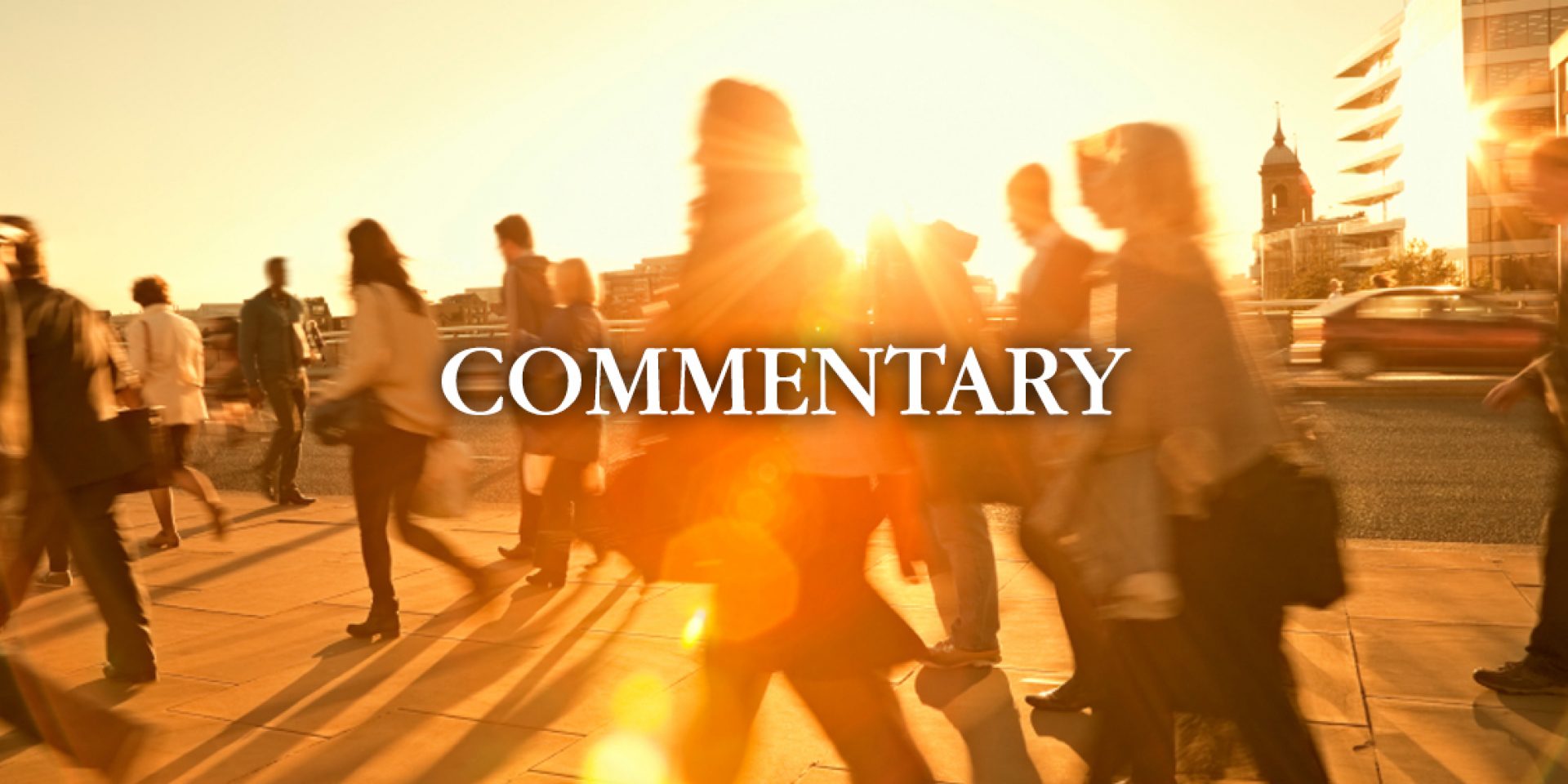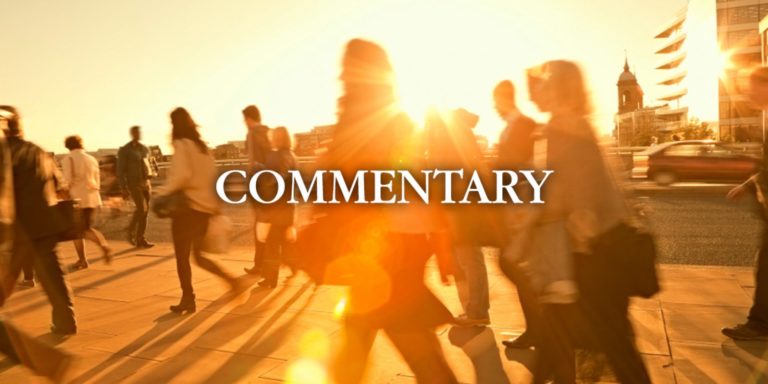“If you can keep your head when all about you
Are losing theirs…”
Rudyard Kipling
Rudyard Kipling’s poem “If” has a lot to teach us about how to approach the current market volatility and uncertainty.
Most important is to maintain a level head and keep your composure in the face of adversity. You have to have confidence in yourself and your abilities, “to trust yourself when others doubt you”, even in the face of scepticism or opposition. You have to do the hard work necessary to achieve your goals, to be patient and disciplined, and to resist the urge to make impulsive decisions because of fear or uncertainty.
We look for quality and value in our investments but ultimately it is about resilience. History shows that economies and societies are resilient. There have been many periods of political and economic turmoil, but societies and economies have proven to be remarkably resilient, adapting and rebounding over time.
We have been busy doing the hard fundamental work on our companies, their industries and the drivers of their revenues, costs, profitability and returns.
That is why we are not surprised by how strongly our World Stars Global Equity portfolio has performed during the first quarter of this year. We did the work, we did not lose our heads, our companies were resilient and their quality prevailed.
It is how we got through the challenges of last year and had the conviction to take advantage of the volatility and buy more shares of our companies at lower prices. It is also why we are confident in our ability to deliver value in the future.
In January, Zhixin Shu wrote about the reopening of China. Based on her recent experience in Beijing she said that we thought luxury goods and consumer discretionary companies would benefit from resurging consumption and an excess savings boom. This week a front page article of the Financial Times was “China’s economy rebounds more than expected after Covid reopening” and the value of our shares in LVMH and L’Oréal hit all-time highs after reporting strong Q1 results.
In March, Giles Tulloch published our take on the future of digital advertising. He argued that it is wrong to focus merely on the potential for increased online advertising penetration of a total available market that is cyclical and grows at or above GDP. Instead a company that can increase its online sales through digital advertising has totally different economics from those sales. It can close retail outlets, improve efficiency in its supply chain and distribution, cut costs and lower its capital intensity. That is why we think the market has significant growth ahead. We also see AI as an opportunity for many companies as the need for computing capacity, cloud computing and other resources will grow exponentially. We maintained our position in Meta last year and increased our position in Nvidia, not far off its lows of November. Nvidia and Meta are the first and second top performers of the S&P 500 this year, up 89% and 71%, and coincidentally both up 140% from their lows last year.
Part of it is what we do not own. Our investment insight this month is a short piece entitled ‘The Trouble with Investing in Bank Stocks’. It posits that last month’s collapse of Silicon Valley Bank and Credit Suisse may have been the first central bank induced banking crisis and emphasizes why we do not buy shares in banks. The investment insight also has a link to a webinar we held last month about the impact of the banking crisis on our portfolios. You can read it by clicking on the link here or on the attachment.
One of our oft-quoted sayings by Charlie Munger, Warren Buffett’s business partner in Berkshire Hathaway, is that “micro is what we do and macro is what we put up with.” Our macro-economic outlook is based on the same fundamental principles as our investment approach. In the US, the most important driver for the world economy and for asset prices, economic growth continues and Fed policy is as data driven as always. If the US does what it does, and what it has done for close to 250 years, we will have global economic growth, in fits and starts of course, but sustained nonetheless. It implies that rates should stay at current levels or go higher, with volatility and uncertainty from political and economic risk, but driven by real economic growth and, if we see continued inflation, by real increases in wages and in spending power. All of this is part of a normal economy and something to look forward to, not to fear.
This is our core expectation. The macro-economic environment will remain challenging and volatile but we expect growth to continue, inflation to moderate and rates to stabilize. There will be winners and losers among companies but we expect the quality companies we invest in, with growth and innovation, pricing power and economies of scale, to have resilient earnings.
Valuations for these companies have reset and are attractive despite the rebound, and entirely aligned with the inflation and interest rate environment. Triumph and disaster may be two imposters as Kipling says, but quality and value will prevail.

